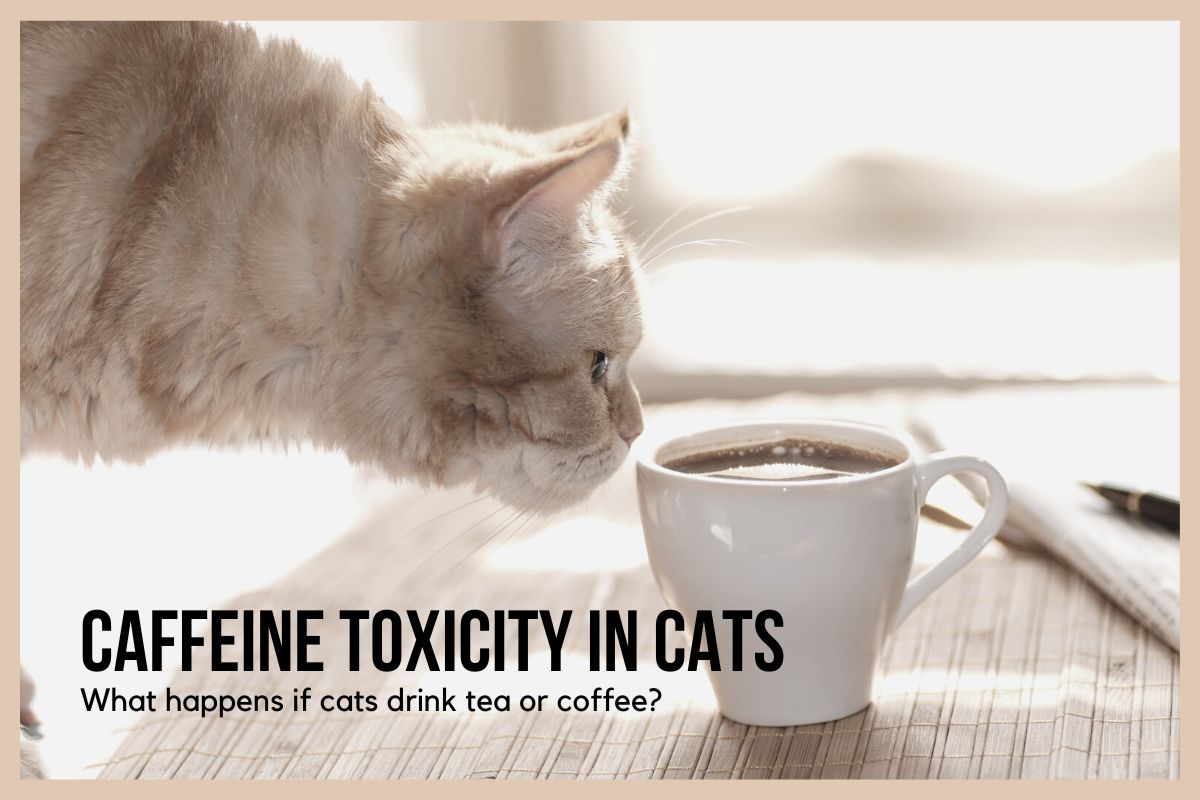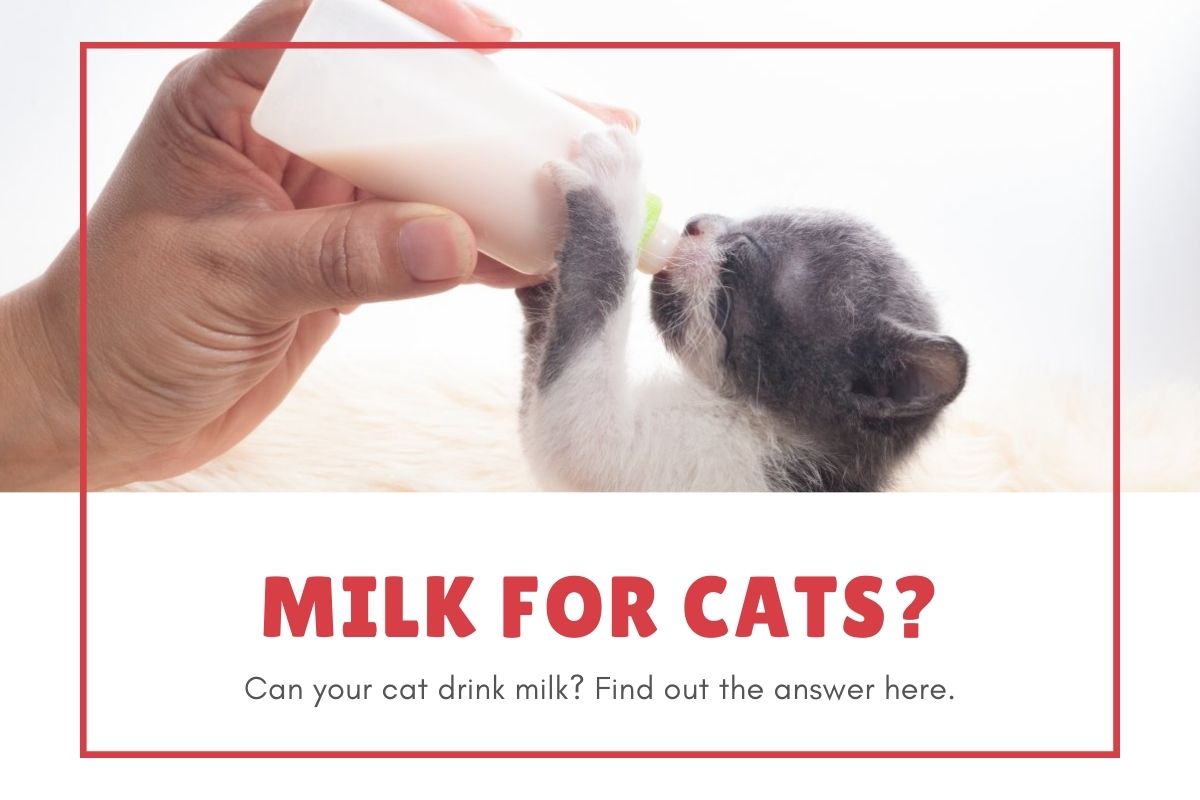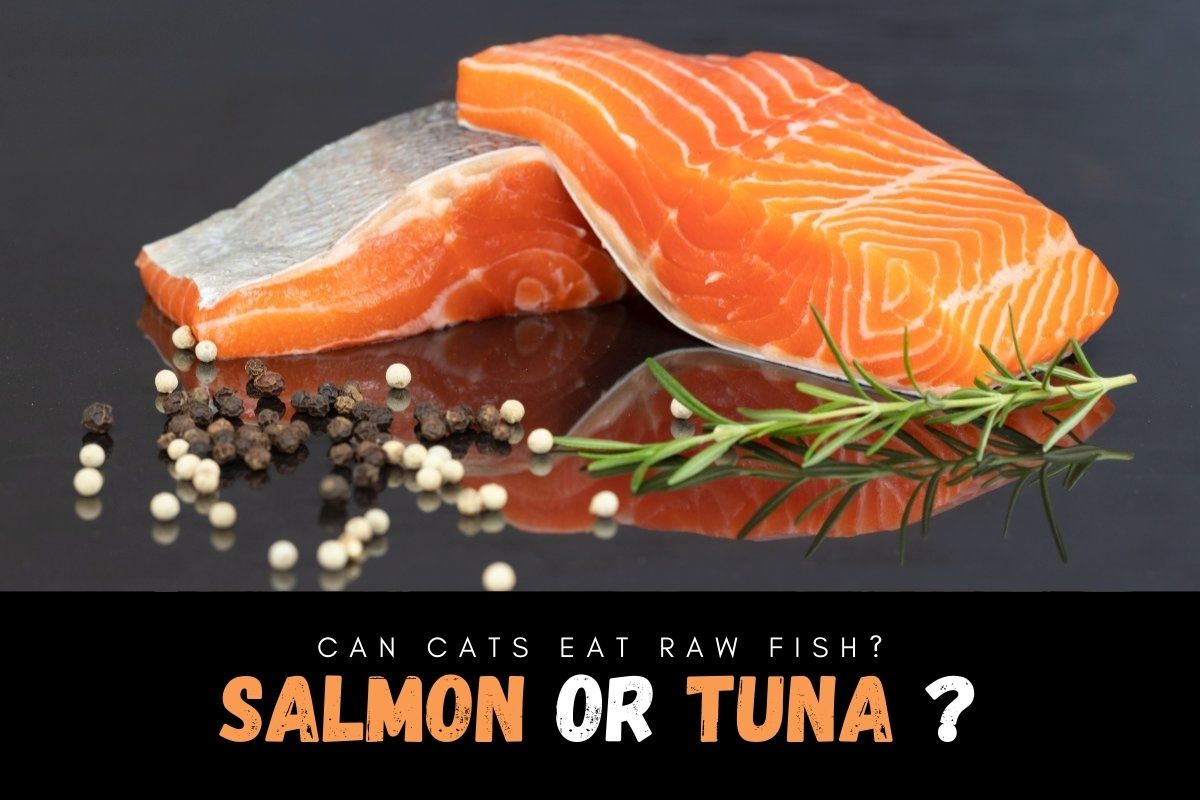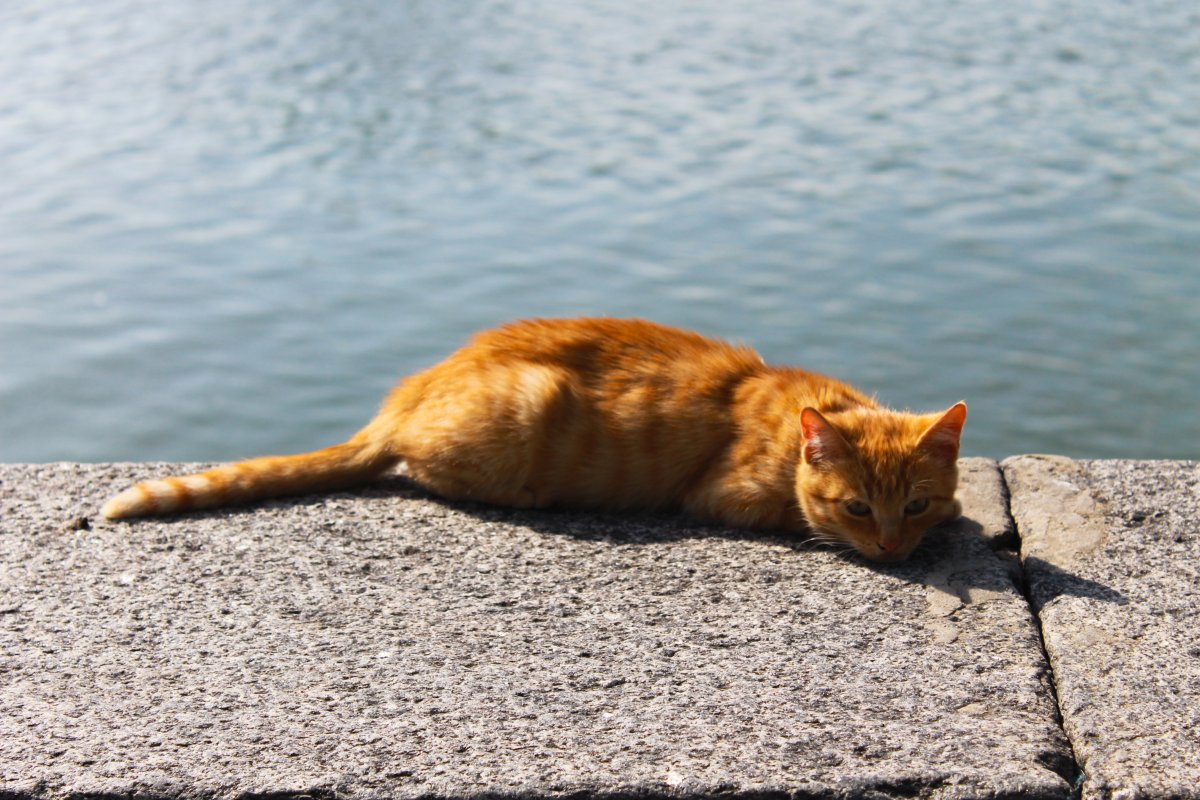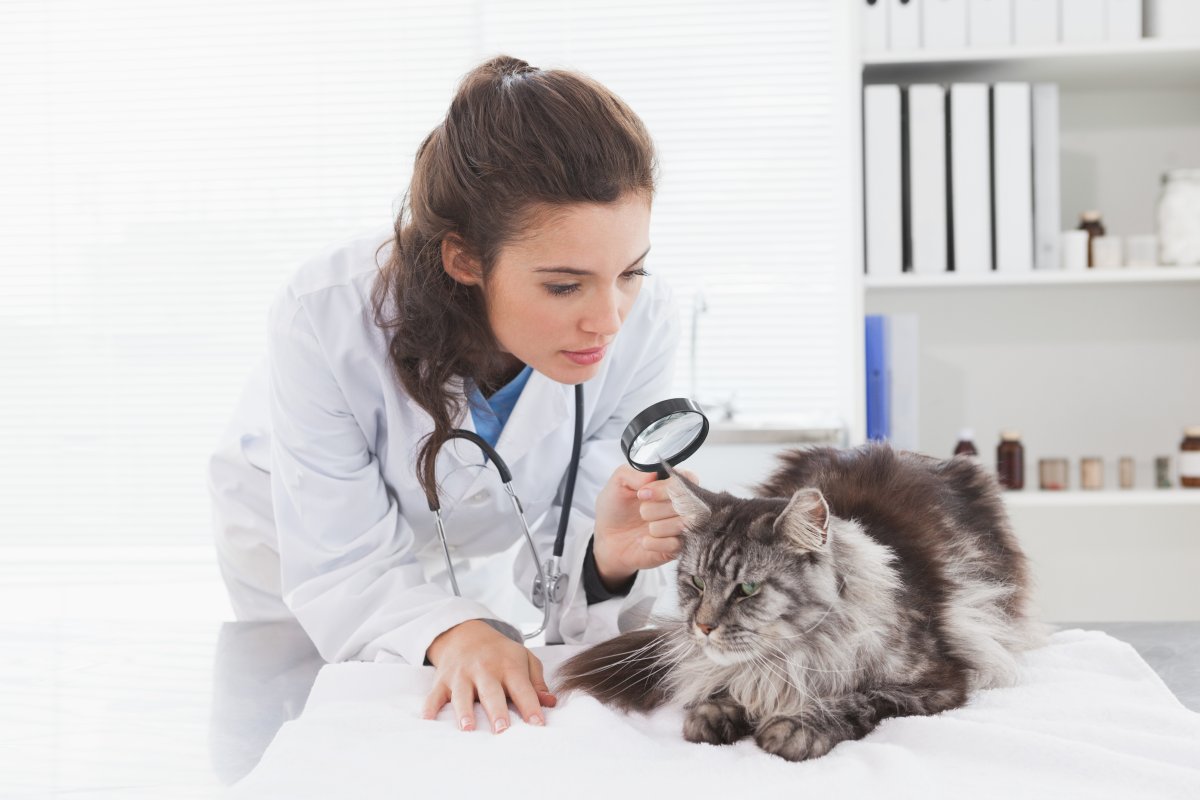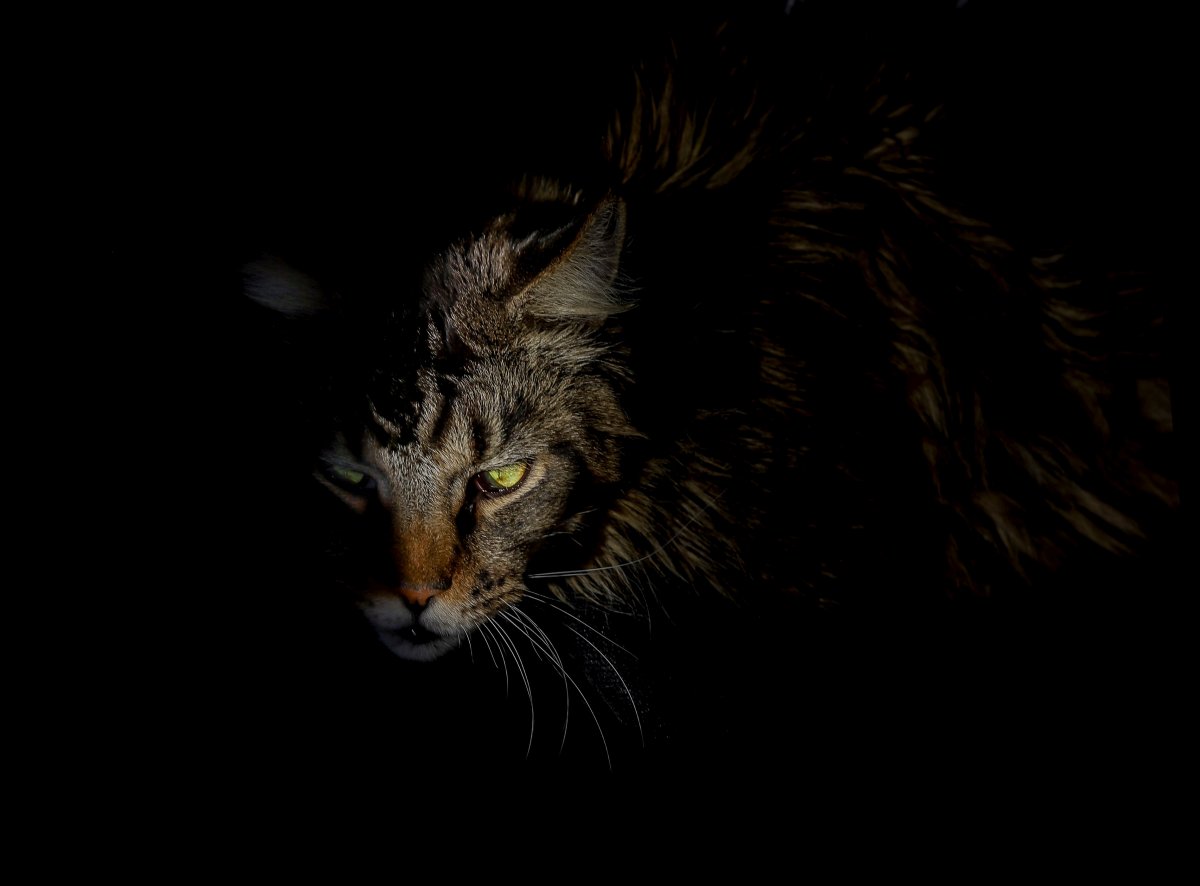For us, human beings, a day without coffee or tea is a day wasted. Where caffeine is a significant energy source for us, it is not the same with animals, especially if we talk about cats.
Caffeine, in fact, does the opposite to animals of what it does to me and you – for example, it can cause caffeine toxicity in cats. If we talk specifically, cats are full of energy. They wake up and start their days by running around the house, tail-waggling, and are ready to head out before you can even get a cup of coffee.
If this does not make you feel bad enough, your cat’s afternoon nap after a long day of running around and scratching the furniture will top it all up. After all, it’s not like you are looking after house chores and a full-time job; little Mica needs some rest.
Nonetheless, it’s far better for us than worse that cats don’t require the morning jolt of caffeine like us. As suggested by the studies, caffeine toxicity in cats can be poisonous and hazardous.
What Can Caffeine Toxicity Do to Cats?
Depending on the amount of coffee or tea consumed by a cat, the results can be anything from serious health issues to even death. Caffeine toxicity in cats typically starts from minor symptoms in the initial stages, depending on the consumed amount. Whereas, in case your cat ingests more caffeine than it can be neglected, look out for the following immediate symptoms and consult a vet:
- Accelerated heart rate
- Vomiting
- Seizures
- Irritability
Upon noticing any of the symptoms mentioned above in your cat, it is time to rush a veterinarian home immediately. The veterinarian will design a feline caffeine toxicity treatment to flush the poison out of the cat’s body after thoroughly examining and studying the amount of caffeine consumed. It typically ranges from anything to prescribing liquid charcoal or flushing their stomachs.

Symptoms of Caffeine Toxicity in Cats
Have you ever thought about why coffee or tea keeps us awake? This is because it has caffeine, a stimulant that boosts energy in our brains and body. This same stimulant can cause toxicity in cats, on the other hand.
Imagine yourself after three back-to-back cups of coffee; not a good sight, right? This is precisely what feline caffeine toxicity looks like, with adverse effects on their health. Accelerated heart rate and hyperactivity in a cat’s body become a significant source of danger for their health.
The extreme hyperactivity created in a cat’s body after consuming caffeine can even lead to severe seizures. Not only this, but a high heart rate can also cause cardiac arrhythmias and increased blood pressure in felines, which leads to further dangers.
Here are some common symptoms of caffeine toxicity in cats:
- Restlessness
- Seizures
- Hyperactivity
- Vomiting
- Sky-high heart rate
- Heightened body temperature
- Increased blood pressure
- Abnormal heart rhythm
It is typically advised to take your cat to a vet right after consuming any tiny bit of coffee, rather than waiting for any symptoms to surface. The vet might advise you to admit your cat to the clinic for observation, depending on the condition. However, do not forget that a considerably large amount of caffeine can be fatal for cats.
Does Quantity Matter?
Yes, the symptoms and results of caffeine toxicity in cats depending on the amount of coffee or tea consumed. Naturally, animals like cats or dogs are also sensitive to caffeine stimulants. The quantity of caffeine ingested can matter a lot. A sip or two of iced coffee might not be as severe as caffeine pills.
You must look out for any severe symptoms after 30 minutes of indigestion; that’s when they appear, up to 12 hours after ingestion. Not only this but other stimulants like sugar in caffeinated products can also cause harm to your feline.
The ultimate level of caffeine toxicity in cats will depend on the amount consumed or the cat’s personal health and tolerance levels. In the case of having a healthy young cat, they will be less likely to face severe caffeine toxicity consequences than senior cats with underlining health issues, i.e., kidney failure.
Regardless of size, health, and age, caffeine toxicity in cats can further damage the heart, liver, lungs, nervous system, or kidneys.
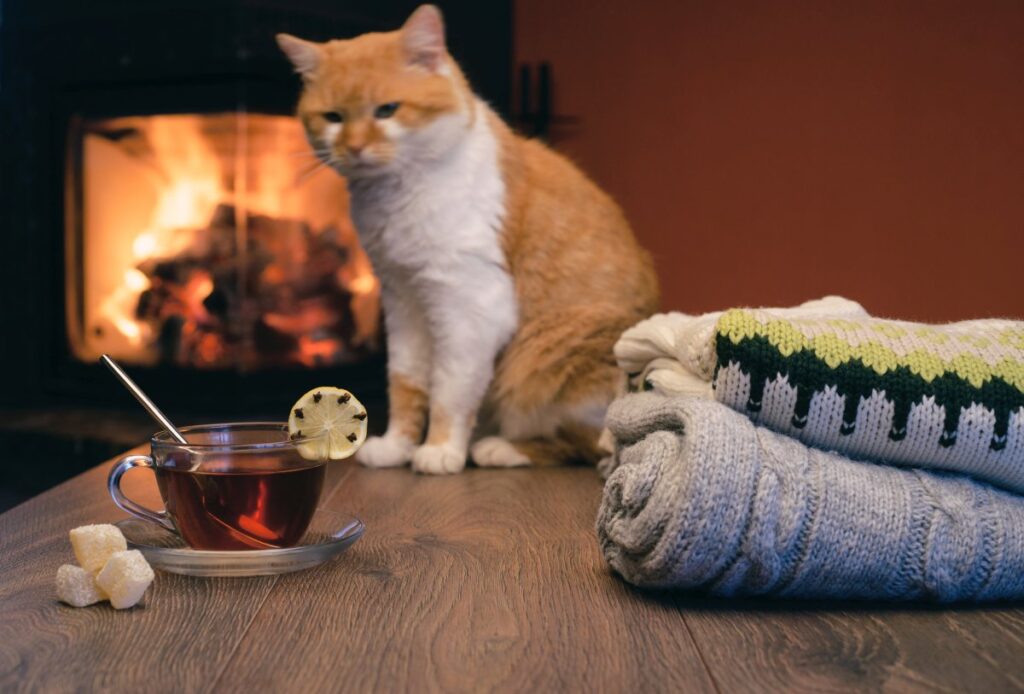
How is Feline Caffeine Toxicity Treated?
Caffeine toxicity in cats can be handled and treated better if diagnosed and dealt with in the early stages. It is better to rush your cat to a veterinarian you fully trust right after it has consumed even a little bit of caffeine. A complete checkup can be good for both your mental and the cat’s physical health simultaneously.
Depending on the severity, the vet might choose to make the cat vomit to flush out any stimulant before it is absorbed in the body. Or also push a charcoal pill into their mouth to absorb any possible amount of toxin in the gastrointestinal tracts.
Feline caffeine toxicity also often results in dehydration, diarrhea, and vomiting, which can be treated with intravenous fluids. These fluids can also prevent kidney failure and help excrete all caffeine from the body.
Muscle tremors or seizures, accelerated blood pressure, or increased heart rate can also result in vets opting for medical procedures. Your pet will need to stay in the hospital for a prolonged time to be thoroughly observed and treated appropriately.
Conclusion
If you ask, “Is coffee and tea toxic for my cat?” Then the answer is yes, definitely it is. However, the extent of symptoms and consequences of feline caffeine toxicity depends on the amount ingested and consumed by your pet in the end.

